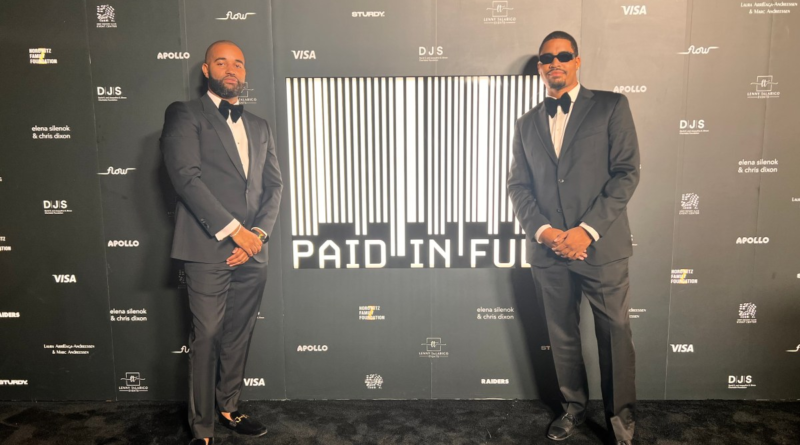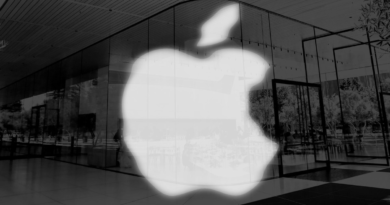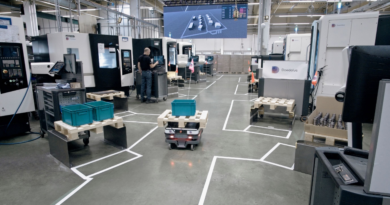Tech startup Breakr raises more capital, pays $3.5M to creators
We last wrote about Breakr — a platform that connects record labels, artists and brands with social media influencers to run mass campaigns in a programmatic way — when it closed a $4.2 million round in 2021. In the past two years, Breakr has onboarded more than 30,000 influencers and managed more than $3.5 million in creator transactions. Now, to fuel its growth, Breakr has secured an additional $1.9 million at a valuation of $20 million.
Slow Ventures led the extension, which the company will use for hiring and product development. Breakr has raised $8.7 million to date from an impressive list of investors that include Marc Benioff, a16z/TxO, ex-CEO of Tik Tok Kevin Mayer, RGA Ventures, Charles Hudson (Precursor Ventures), Complex founder Rich Antoniello, Lo Toney (Plexo Capital), Anthony Selah (WndrCo) and Quiet Capital.
Breakr’s user growth underscores the size of the creator economy, yet the modest size of this funding round, plus its total transaction value of the last two years, speaks to how nascent many of the business models still are in the space.
There is a lot of hope being pinned on it nonetheless. Goldman Sachs estimates that the total addressable market for the creator economy could be worth as much as $480 billion by 2027.
The players taking notice and doing business on Breakr tell a story, too: Def Jam, Samsung, Billboard, Rolling Loud, Live Nation, Meta, Tidal, Epic, Kit Kat, P&G, Celsius, Mountain Dew and White Claw are among the labels and brands using Breakr to connect music to brand campaigns. Musicians meanwhile include Megan Thee Stallion, Future, Rick Ross, Gunna, JID, Sleepy Hallow, Ozzy Ozbourne, Black Pink, Young Thug, Kanye West, Brent Faiyaz, Tobe Nwigwe, PinkPantheress, Armani White, Charlieonnafriday and Nas (who is also an investor).
There are a number of platforms in the market today that connect creators, brands and content (such as music but other media, too) to build influencer campaigns. Breakr’s unique selling point is that it effectively treats this basic concept as a programmatic opportunity, similar to how online advertising is created, sold and distributed today.
“Breakr wants to be the Google Ad Words, powered by creators,” co-founder Anthony Brown told TechCrunch. “We believe that with underlying audience data, mass liquidity and intelligence capabilities, it should be as easy to come into Breakr and spend $15,000 as it is to set it and forget it on Google.”
The company recently came out of closed beta as a self-service SaaS platform, having started with a more hands-on approach. The SaaS platform is underpinned by a wallet that acts as an escrow account: money can be paid in an out of the wallet for services that are being engaged and rendered.
“This transition to a SaaS model aligns with our goal to streamline and democratize the process of influencer marketing, making it more accessible and efficient for a wider range of users in the music industry and beyond,” Brown explained.
Currently, Breakr is set up like a three-sided marketplace. On the creator side, individuals submit their profiles to the platform to be considered for campaigns.
On the music side, artists (or labels) submit music for a particular campaign; and if the music gets selected, it gets promoted to new audiences. Musicians might pay to have their music used, but they also get a cut on the revenues made by the campaign as a result.
On the marketing side, brands look for influencers to run promotions and access 40 data points (language, audio location, interest types and more) on each influencer. They can also view those influencers’ past content and engagement rates, and, more pointedly, run some diagnostics to vet for brand safety and to see whether the influencer in question dabbles in fake followers (and if so, then decide how much of a factor that is for them).
“The creator economy, especially in music, is rapidly evolving with a shift towards direct, curated and scalable relationships between digital marketers and creators. Traditional management tools are becoming obsolete, paving the way for more efficient, relationship-focused technologies. These include platforms that allow easy distribution of personalized content and offers to creators, moving away from high-cost, short-term campaigns. This trend towards ongoing, evergreen marketing is proving effective, emphasizing the importance of sustained engagement over one-off interactions,” Brown said.
While music marketing is its main bread and butter, Breakr eventually wants to tap into other fields like film and television.




